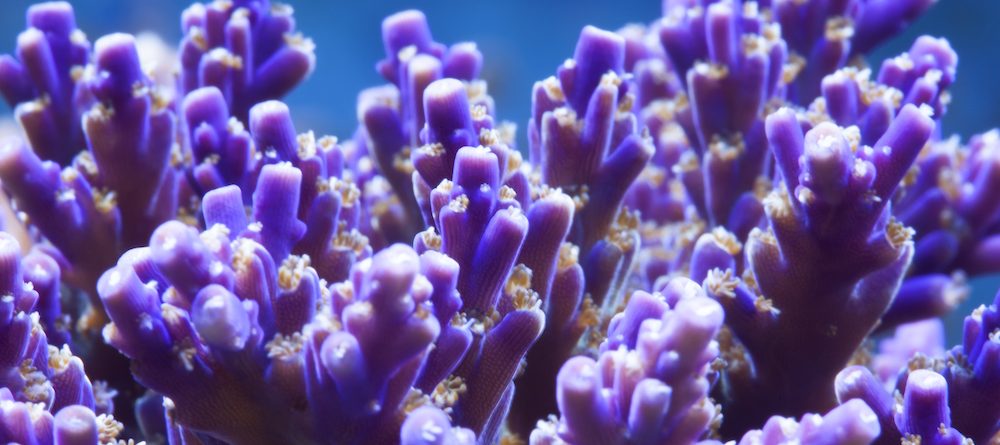The Salt Life
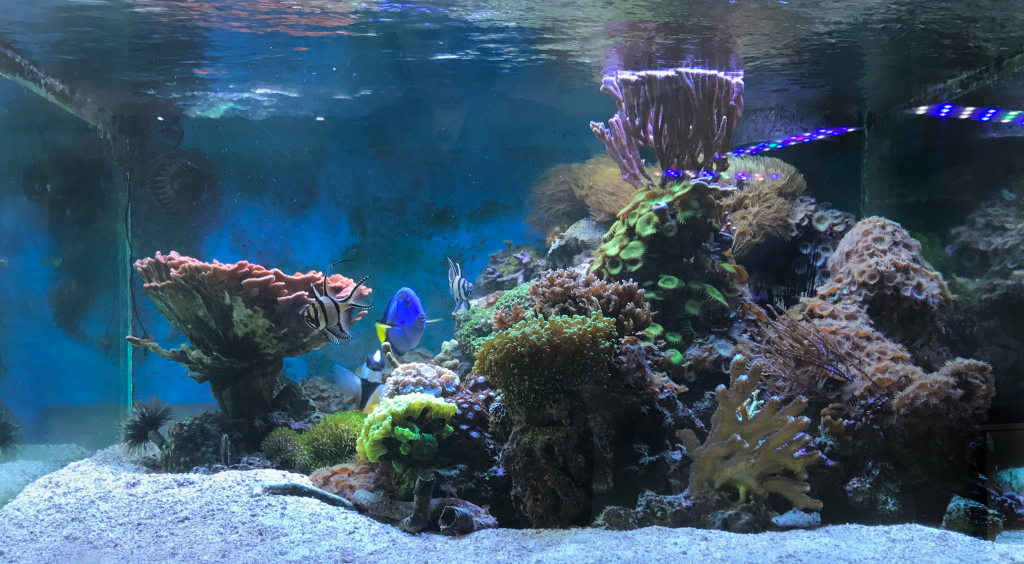
Arguably the most important parameter in a marine or reef aquarium is salinity. It is of course crucial to marine life and their well-being to be in water within a specific range. As the most important supplement for the saltwater aquarium, aquarists and hobbyists are faced with the arduous task of choosing a salt mix that will perform best for their system.
This leads to many questions: What is in an aquarium salt mix? Where does it come from? What makes them different? What salt is the best? What one should I use?
The answers to these questions may not be immediately evident. In some instances there is no right or wrong answer. So then what is a new marine hobbyist to do? Here are some tips to keeping your aquarium salinity at the proper levels.
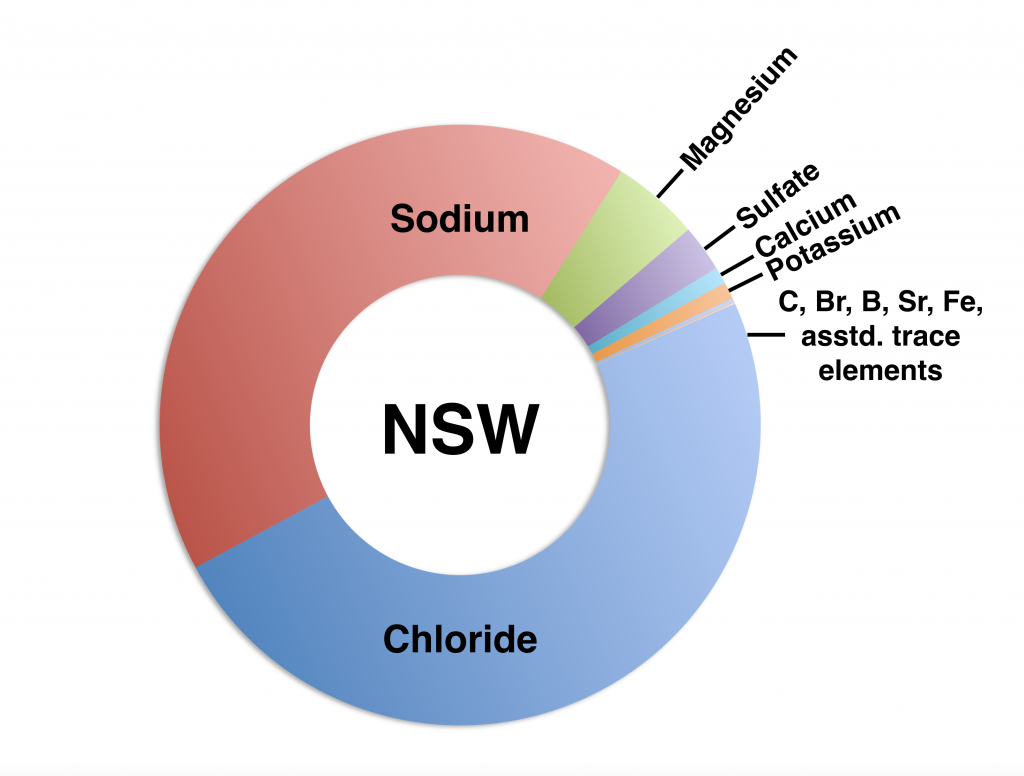
What’s in a salt mix?
Seawater is comprised of many different ions and trace elements dissolved in water. Mainly it is sodium and chloride (roughly 86% of the salt content), the same elements that make up regular table salt. There are also fair amounts of ions like magnesium, sulfate, potassium, calcium, and strontium. A good commercial salt mix should include all pertinent constituents and minor trace elements.
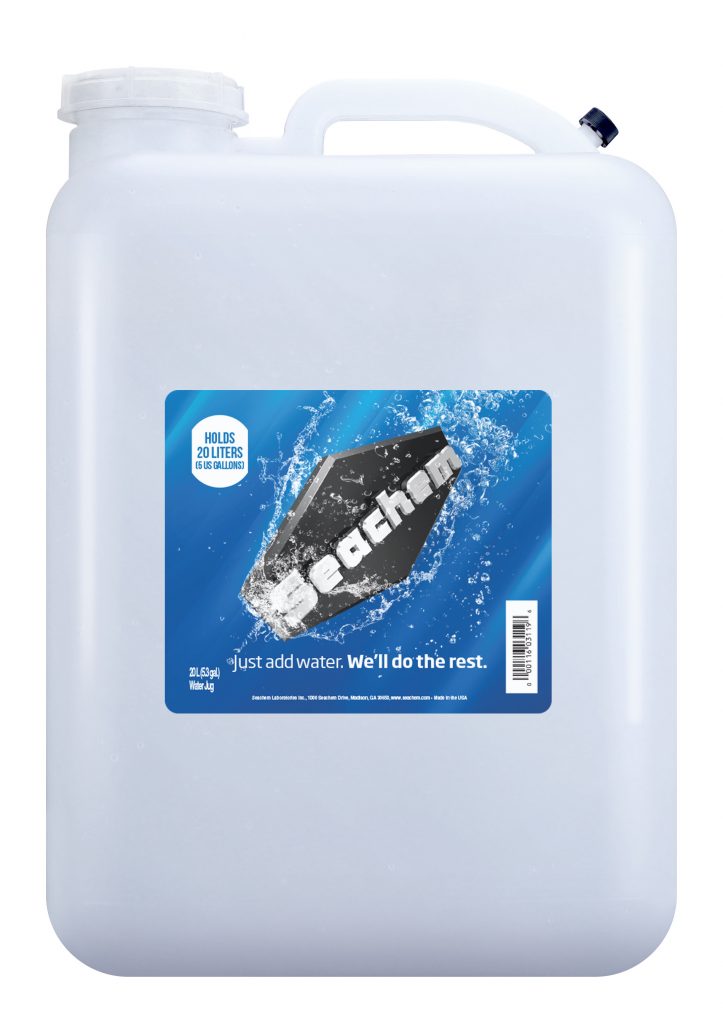
Synthetic salt vs. natural seawater
There are two different options when looking at what kind of saltwater is available for aquariums – a dry synthetic salt that is to be mixed with freshwater and bottled natural seawater. There’s some debate on which to use and why. I feel a dry salt mix is the better option or two reasons; the lower cost and the ability to have control over how much salt is added to the water.
It’s about quality and quantity
Different commercial salt mixes can vary greatly with regards to the main parameters they offer once mixed, and some mixes can even vary greatly from box-to-box or bucket-to-bucket. This can be from a number of possible reasons; inferior ingredients used to make up a salt mix, manufacturer changing the formula, or lack of quality control. I believe consistency in water chemistry is paramount when striving to keep a successful and thriving reef aquarium, therefore I think it’s imperative to find a salt mix that is made of quality constituents and provides appropriate elemental levels on a consistent basis.
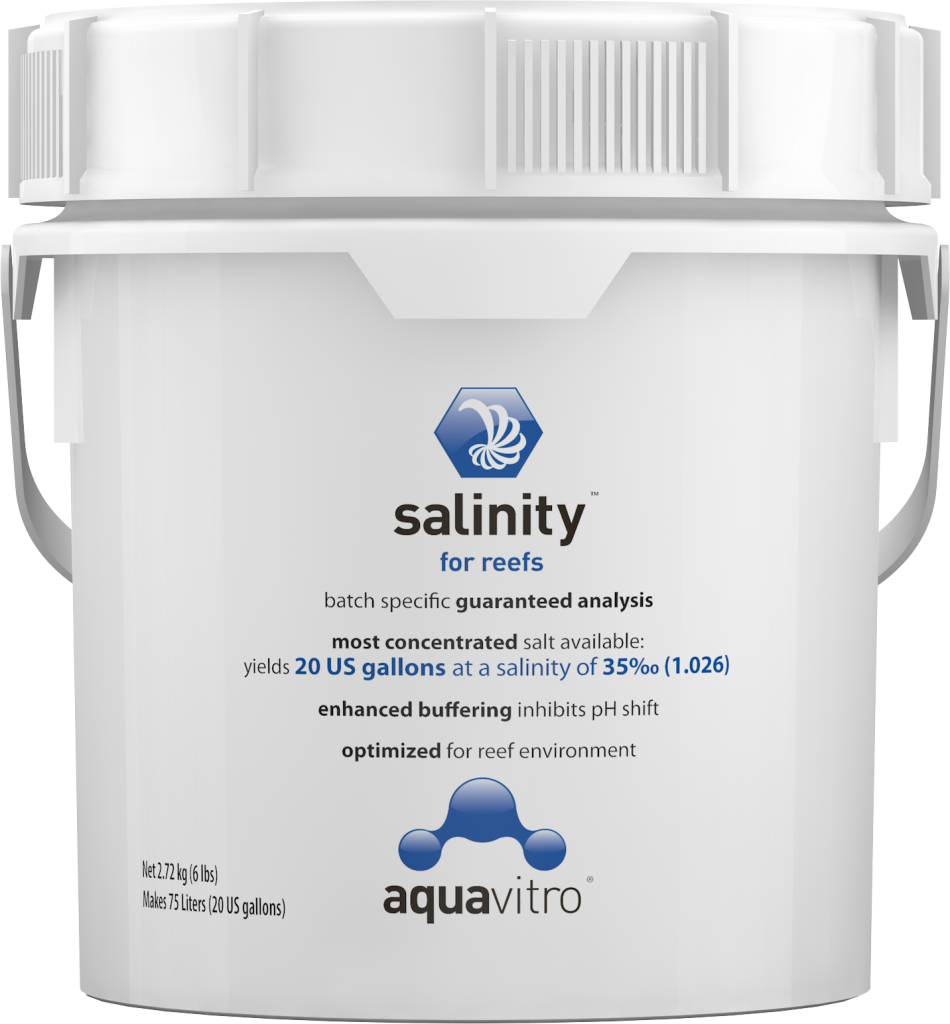
Is there a best?
Often when I’m interacting with fellow hobbyist while attending trade shows, frag swaps, or aquarium club meetings I hear the question “what’s the best salt?” This may be the wrong question to ask. As mentioned there is no doubt that different salt mixes have varying levels of quality control and ingredients, but if you look to a quality salt I always recommend looking for salt mix that mimics what parameters you wish to keep. In most instances it is a personal preference. I am a firm believer that the best option is to mimic natural seawater found on the worlds reefs. When in doubt, always look to nature for the correct answer.
When choosing a salt, look to nature
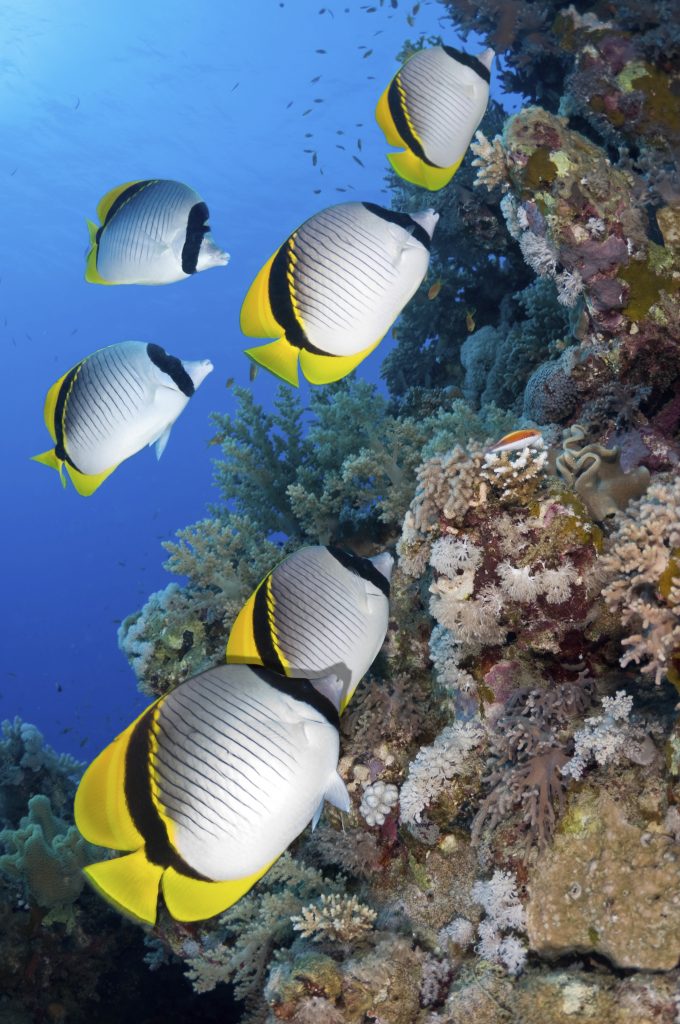
When looking for the right salt to use there are many choices on the market, and those salts can vary widely in regards to the core parameters mentioned previously that are important for a thriving reef aquarium. Choosing a salt mix that will closely match the waters found out on an actual reef is the way to go. A salt such as our aquavitro® salinity salt does just that. Based on data from ocean waters found around coral reefs we specifically engineered salinity to match natural seawater parameters. We guarantee that at a salinity of 1.026 these five parameters will be within ∓5% of our target value: Calcium, Magnesium, Strontium, pH and alkalinity.
Here are our target values: Calcium – 422 mg/L Magnesium – 1336 mg/L Strontium – 8.4 mg/L pH – range 8.4 – 8.6 Alkalinity – range 3.2 – 3.8 meq/L
Follow the instructions listed above, then pick a salinity level you are comfortable with and go for it. You know your tank better than anyone, so you determine what goes in.

David Lee
Sales Manager


